Editor Monnica T. Williams, PhD, ABPP, is a board-certified clinical psychologist and associate professor at the University of Ottawa in the school of psychology, where she holds the Canadian Research Chair for Mental Health Disparities. She received her master’s and doctoral degrees from the University of Virginia, where she conducted research in the areas of major mental illness, tests and measurement, and ethnic differences. She has started clinics in Virginia, Pennsylvania, and Connecticut, and a refugee mental health clinic in Kentucky. Her clinical work and research focus on African American mental health, culture, trauma, and obsessive-compulsive disorder (OCD).
Williams serves on the scientific advisory board of the International OCD Foundation, where she cofounded their diversity council. She is on the editorial board of several scientific journals, and is currently associate editor of the Behavior Therapist and New Ideas in Psychology. Williams has published over one hundred peer-reviewed articles and book chapters focused on psychopathology and cultural differences. She gives diversity trainings nationally. Her work has been featured in several major media outlets, including NPR, CNN, and The New York Times.









